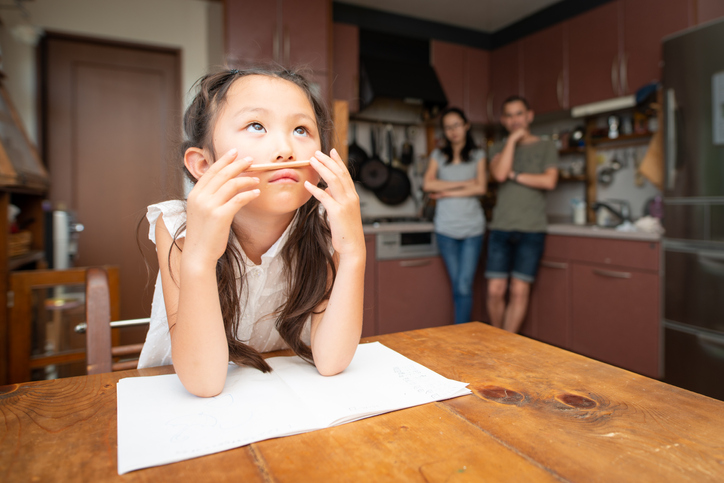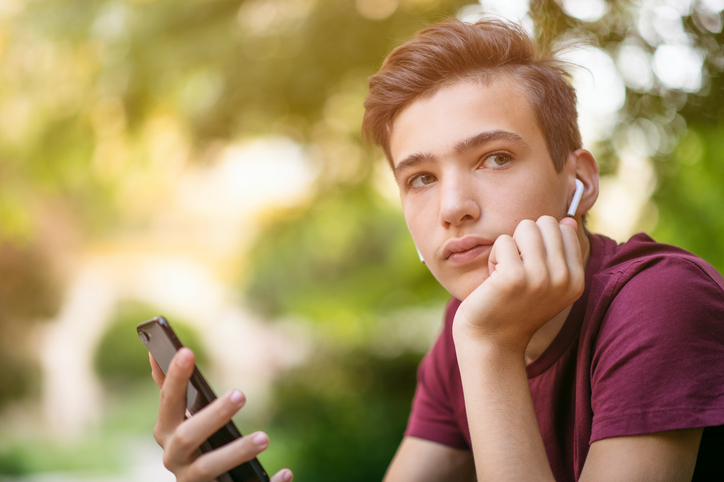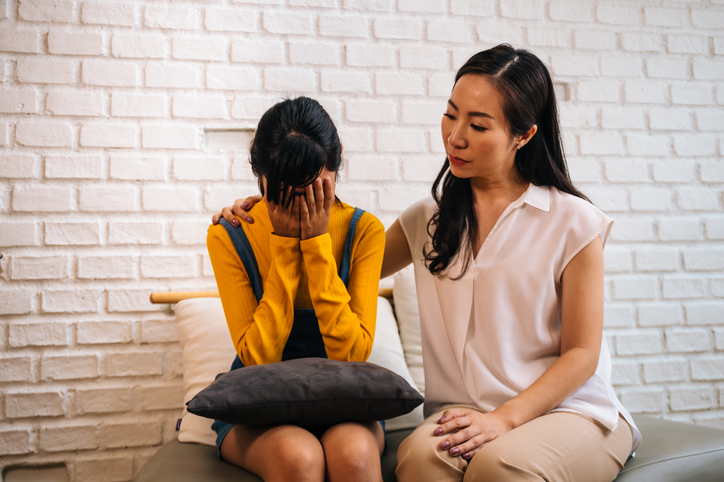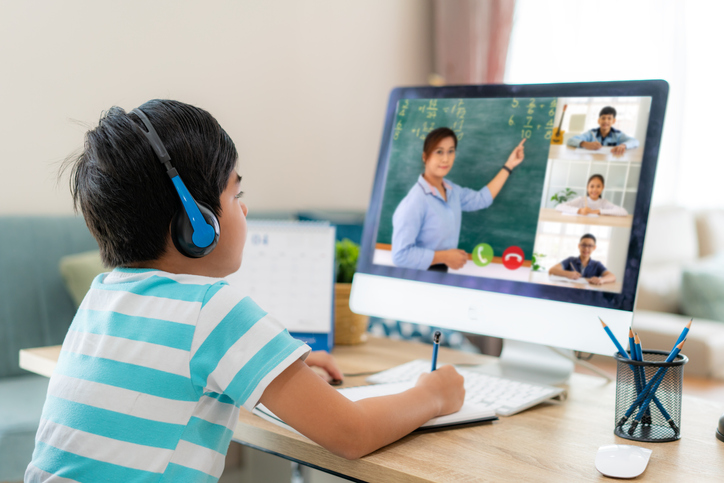 Let’s face it, New Year’s resolutions rarely work. We all set well-intentioned goals about what we can do differently that rarely come to fruition. This year, I’d like to encourage you and your family to try something different. Instead of choosing something that isn’t going well, what would happen if you nurture one thing that makes you happy, that you are already making progress on? My guess is that you and your child or teen with ADHD would feel more competent and confident. Kids with ADHD have really struggled this year. As alternative learners who generally do better when school is in person, they’ve had to make tough adjustments to accommodate online learning during the pandemic. They’ve lost valuable daily social contact that brings them joy, helps with self-esteem and offers cues for how to behave in classes.
Let’s face it, New Year’s resolutions rarely work. We all set well-intentioned goals about what we can do differently that rarely come to fruition. This year, I’d like to encourage you and your family to try something different. Instead of choosing something that isn’t going well, what would happen if you nurture one thing that makes you happy, that you are already making progress on? My guess is that you and your child or teen with ADHD would feel more competent and confident. Kids with ADHD have really struggled this year. As alternative learners who generally do better when school is in person, they’ve had to make tough adjustments to accommodate online learning during the pandemic. They’ve lost valuable daily social contact that brings them joy, helps with self-esteem and offers cues for how to behave in classes.  There’s been so much disappointment across the board. For many children and teens with ADHD who already experience more negative self-talk than Neurotypical peers, pandemic challenges have intensified patterns of self-criticism. Working with them to alter these patterns by focusing on Celebration (the 5th of my 5C’s) is the best New Year’s resolution you can make. How can you shift from things that aren’t going well, from anger about the pandemic and social isolation to something brighter? By paying attention to and acknowledging the small successes of every day. I’m not talking about being a pollyanna: I’m talking about the act of acknowledging big and small positive stuff throughout each day of the week. This means validating efforts as well as successes in ways that encourage your son or daughter to see the progress they are making, to notice what’s working and to continue with desired actions.
There’s been so much disappointment across the board. For many children and teens with ADHD who already experience more negative self-talk than Neurotypical peers, pandemic challenges have intensified patterns of self-criticism. Working with them to alter these patterns by focusing on Celebration (the 5th of my 5C’s) is the best New Year’s resolution you can make. How can you shift from things that aren’t going well, from anger about the pandemic and social isolation to something brighter? By paying attention to and acknowledging the small successes of every day. I’m not talking about being a pollyanna: I’m talking about the act of acknowledging big and small positive stuff throughout each day of the week. This means validating efforts as well as successes in ways that encourage your son or daughter to see the progress they are making, to notice what’s working and to continue with desired actions.  When you nourish the seed of an attitude or behavior that is already starting to bud, you are building on success. Given all of the inherent difficulties of 2020, when you shift to enhancing what is beginning to take root, you’re helping your family to move forward positively. Of course, you have to manage inappropriate behaviors, foul language and non-cooperation. That’s a key part of parenting. I’m inviting you to balance what’s difficult with increased attention and feedback about what is actually going well–enough. Kids with ADHD already struggle with feeling like they are not enough or different in a “bad” way. They really need your support to develop the parts of themselves that are appropriate, helpful and positive.
When you nourish the seed of an attitude or behavior that is already starting to bud, you are building on success. Given all of the inherent difficulties of 2020, when you shift to enhancing what is beginning to take root, you’re helping your family to move forward positively. Of course, you have to manage inappropriate behaviors, foul language and non-cooperation. That’s a key part of parenting. I’m inviting you to balance what’s difficult with increased attention and feedback about what is actually going well–enough. Kids with ADHD already struggle with feeling like they are not enough or different in a “bad” way. They really need your support to develop the parts of themselves that are appropriate, helpful and positive.  Instead of making New Year’s resolutions about a host of ongoing problems that just generate shame and failure, let’s cultivate the plants that are already in the garden right now. Your kids with ADHD have already adapted to the best of their abilities given their personal resources to online learning, socially distant friendships and extended time at home. For now, let’s honor those successes before moving onto what needs improvement. There will be plenty of time for that soon enough. Fertilize, water and nurture desired behaviors as much or more than giving corrective statements.
Instead of making New Year’s resolutions about a host of ongoing problems that just generate shame and failure, let’s cultivate the plants that are already in the garden right now. Your kids with ADHD have already adapted to the best of their abilities given their personal resources to online learning, socially distant friendships and extended time at home. For now, let’s honor those successes before moving onto what needs improvement. There will be plenty of time for that soon enough. Fertilize, water and nurture desired behaviors as much or more than giving corrective statements.
Grow Something Good in the New Year:
1. Reflect:
Take a few moments and think about what ways your child has matured in 2020 and how your parenting has shifted. What are they able to manage more effectively and independently than they could a year ago? What are you doing differently? Write these down. Then, set aside a time (perhaps during your weekly family meeting) to ask your child or teen to consider their own growth. Repeat what you hear them say and then write these down too.
2. Investigate:
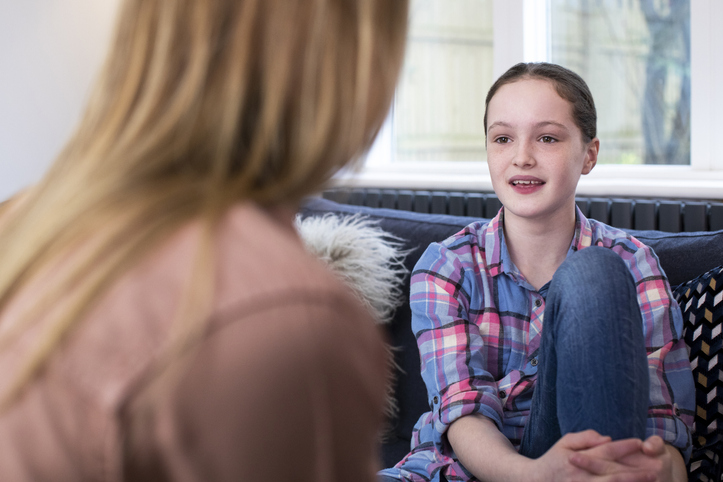 Ask your child which of these skills or actions they feel particularly proud of and want to see continue. Is there anything you can do to support them in their efforts to keep this good stuff going? Are there any tweaks to family agreements that would be useful? Brainstorm any new interventions and pick ONE step to move forward.
Ask your child which of these skills or actions they feel particularly proud of and want to see continue. Is there anything you can do to support them in their efforts to keep this good stuff going? Are there any tweaks to family agreements that would be useful? Brainstorm any new interventions and pick ONE step to move forward.
3. Notice:
Use encouraging statements that reflect your observations about how they are doing. “I notice X. That’s good progress.” OR “I see that you are trying this. That’s cool.” OR “It looks like you’ve done a great job. Bravo! Here’s a high five!” Remember, getting through every day can be an achievement and let’s honor that fortitude. 
Best wishes for a happy and healthy new year!
Learn more:
- Negative Memory Bias and ADHD: Tips to Help Kids and Youth with ADHD Remember the Positives
- ADHD And Motivation: How Stress Reduces Productivity And What You Can Do About It
- ADHD and 2020: How to Pivot to Positivity as an Uncertain Year Ends
https://drsharonsaline.com/product/home-seminar/


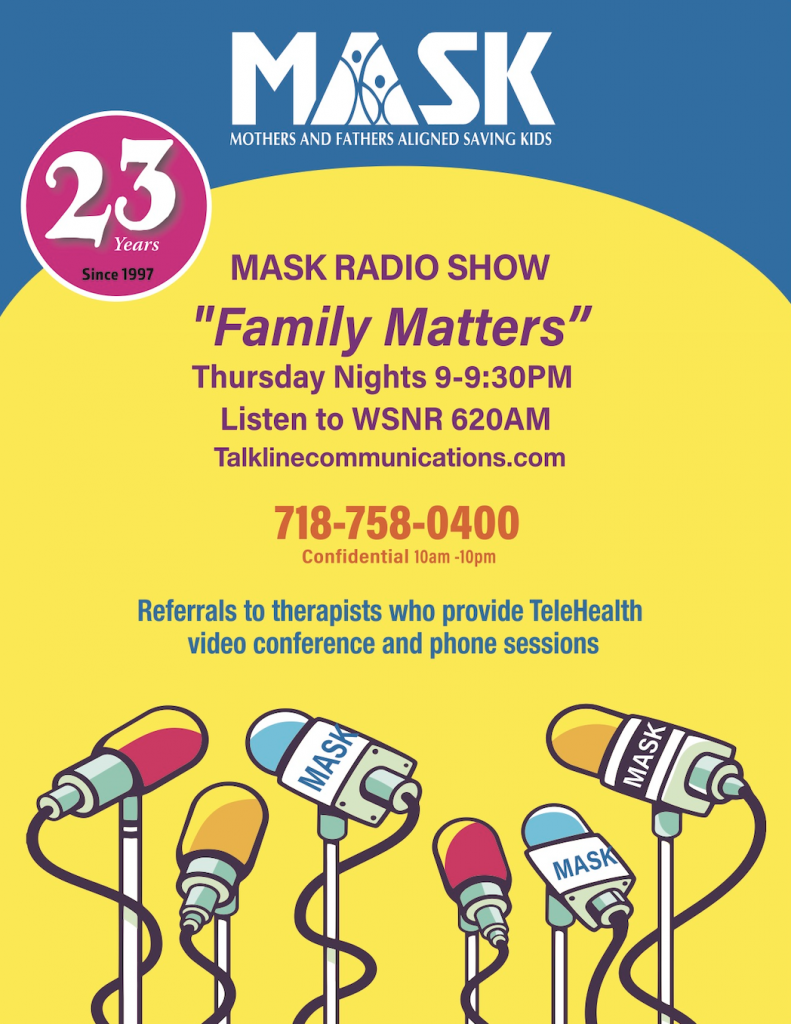
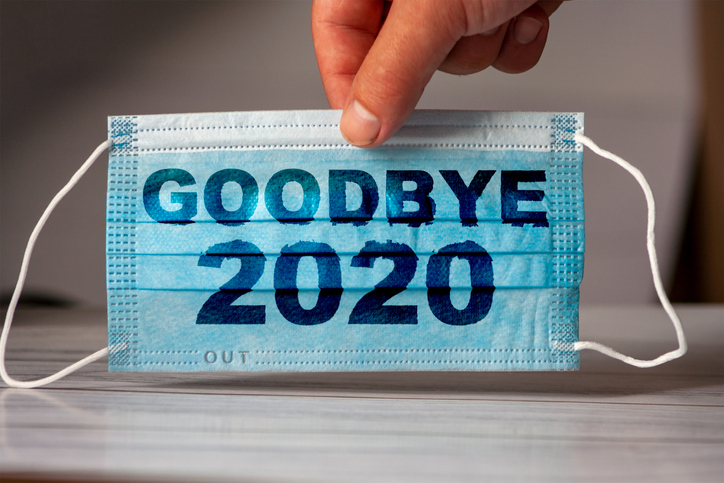 What a year this has been! 2020 has redefined what it means to bounce back. Just when you think you’ve set up a routine that works and life seems to be chugging along, something comes and upsets the whole apple cart again. Pivoting to these new challenges, everybody has repeatedly been forced to regroup, think quickly and adapt.
What a year this has been! 2020 has redefined what it means to bounce back. Just when you think you’ve set up a routine that works and life seems to be chugging along, something comes and upsets the whole apple cart again. Pivoting to these new challenges, everybody has repeatedly been forced to regroup, think quickly and adapt.  As parents, you have risen to the enormous challenges of this pandemic. You’ve created effective routines to manage remote learning, homework and chores, often in combination with your own work, and tweaked them as needed. You’ve fought so that the educational needs of your Neurodiverse sons and daughters are met in this new academic environment. You arranged music lessons, safe participation in sports and socially distant playdates. You’ve lost your tempers, wished you had some time to yourself and did the right thing for your kids despite the personal cost. You grieved the loss of loved ones and nursed the sick back to health. You rose to meet this awful pandemic and showed up even when you felt sapped of strength.
As parents, you have risen to the enormous challenges of this pandemic. You’ve created effective routines to manage remote learning, homework and chores, often in combination with your own work, and tweaked them as needed. You’ve fought so that the educational needs of your Neurodiverse sons and daughters are met in this new academic environment. You arranged music lessons, safe participation in sports and socially distant playdates. You’ve lost your tempers, wished you had some time to yourself and did the right thing for your kids despite the personal cost. You grieved the loss of loved ones and nursed the sick back to health. You rose to meet this awful pandemic and showed up even when you felt sapped of strength. 
 During this holiday season, I hope that you and your family acknowledge all of the strides you have made by creating a Wall of Wonder. Get some Post-It’s, open some space on a wall and encourage people to write down (or draw) and post any of the following:
During this holiday season, I hope that you and your family acknowledge all of the strides you have made by creating a Wall of Wonder. Get some Post-It’s, open some space on a wall and encourage people to write down (or draw) and post any of the following:

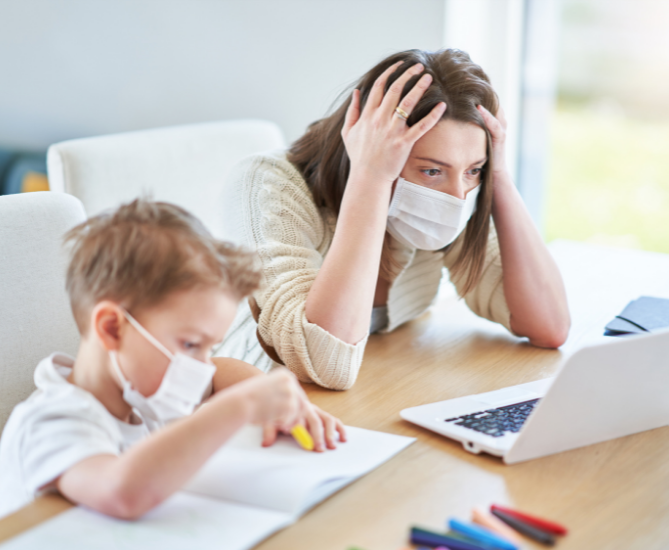 Parent self-care is essential during these times in a pandemic. Parenting an ADHD child or teen
Parent self-care is essential during these times in a pandemic. Parenting an ADHD child or teen 3. Shop local:
3. Shop local: